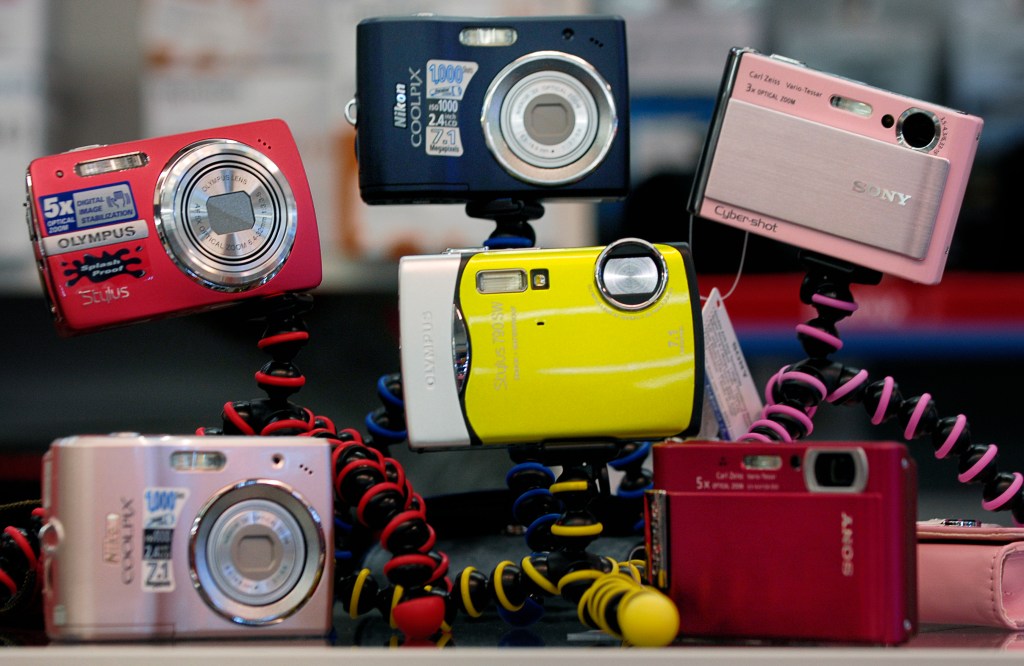Students, teachers, and readers can now access over 1.4 million books for free as part of the National Emergency Library, a project launched on Tuesday by the Internet Archive to aid remote learning efforts.
Covid-19 has pushed millions of students’ classes online and temporarily shuttered public libraries. The Internet Archive, a nonprofit organization known for creating the Wayback Machine, has previously digitized more than one million books donated by educational institutions and libraries. The books in the National Emergency Library are titles from Open Library, another Internet Archive project, that have had their waitlists removed. Unlike a typical lending library, multiple users can access a single digital copy of a book at the same time.
Videos by VICE
“Internet Archive’s mission is to provide ‘Universal Access to All Knowledge.’ We believe this is an extraordinary moment in time that requires assistance at a scale that we are able to provide,” reads an FAQ for the project. “Suspending waitlists will put books in the hands of people who need them, supporting emergency remote teaching, research activities, independent scholarship, and intellectual stimulation while universities, schools, training centers, and libraries are closed.”
The National Emergency Library will run until June 30 or the end of the national emergency, whichever comes last. At that date, the waitlist will be reinstated in accordance with fair use, a U.S. doctrine that allows the use of copyrighted materials without permission from the copyright holder. In a blog post announcing the creation of the library, Internet Archive Director of Open Libraries Chris Freeland wrote that the collection was designed to help both students and readers who can’t access their local libraries because of closures or self-isolation.
In contrast to what its name might suggest, the National Emergency Library is free and available to anyone with an internet connection, not just U.S. residents. Textbooks like Introduction to Electrodynamics and Developmental Biology made up some of the most-viewed titles at the time of writing, but were outnumbered by novels and books for pleasure (Things Fall Apart; Call Me by Your Name; Pimp: The Story of My Life).
“The Internet Archive is an invaluable, indispensable asset for researchers, all three of its core features: archived sites, archived files, and books that can be borrowed,” Thomas Rid, professor of strategic studies at Johns Hopkins University, said in an email. “I’ve borrowed hard-to-get books in the past, and always had to wait for weeks. Now there are more books and no more waiting. This is a fantastic initiative—that hopefully will help get people to spend more time on books and less time on social media.”
According to a University of Washington Libraries blog post, the National Emergency Library has already made a difference in the university’s remote learning efforts.
“Today, I was able to inform 10 instructors that the books they needed were now available, whereas yesterday they were not,” History Librarian Theresa Mudrock told UW Libraries.
Earlier this month, Harvard Copyright Advisor Kyle Courtney authored a blog post arguing that fair use could favor educational use during this pandemic, enabling remote learners to access textbooks and other required readings that are locked in students’ dorm rooms or are otherwise inaccessible.
“Fair use exists exactly for situations like these, where we need to employ the copyright exception to the rule,” Courtney said in an interview. Along with other copyright library experts, Courtney wrote up a statement that the Internet Archive cited as justification for its library in a public statement endorsed by over 100 individuals, libraries, and institutions.
Not everyone agrees that the library is legal or ethical. In 2018, the Authors Guild—the largest professional organization for writers—claimed that the Open Library’s model of digitizing and distributing books without licenses was “in flagrant violation of copyright law.”
Kim Kavin, a freelance writer and editor, is the author of a number of books including Tools of Native Americans: A Kid’s Guide to the History & Culture of the First Americans, which was initially listed as a title in the National Emergency Library. Kavin still receives royalties on the book, and in an interview, she compared the actions taken by the Internet Archive to those of Google, which the Authors Guild unsuccessfully sued for copyright infringement.
“Everyone in the world is going through a difficult time, and everybody wants to help each other out. But it doesn’t mean you get to resort to theft,” she said. She added that had she been asked for permission to use her book, she would have granted it. Tools of Native Americans has since been removed from the National Emergency Library.
“We hope that authors will support our effort to ensure temporary access to their work in this time of crisis,” Freeland wrote in the announcement post. “We are empowering authors to explicitly opt in and donate books to the National Emergency Library if we don’t have a copy. We are also making it easy for authors to contact us to take a book out of the library.”
It is unlikely that courts will take copyright infringement lawsuits seriously during the national emergency, Courtney said. He pointed to a lawsuit over counterfeit unicorn drawings, which was dismissed by a district judge on March 18.
“This is the idea that people are in this together,” he said. “We’re taking advantage of a right that exists, but certainly this has moved conversations about access of technology further in the last three weeks than in the last three years.”




